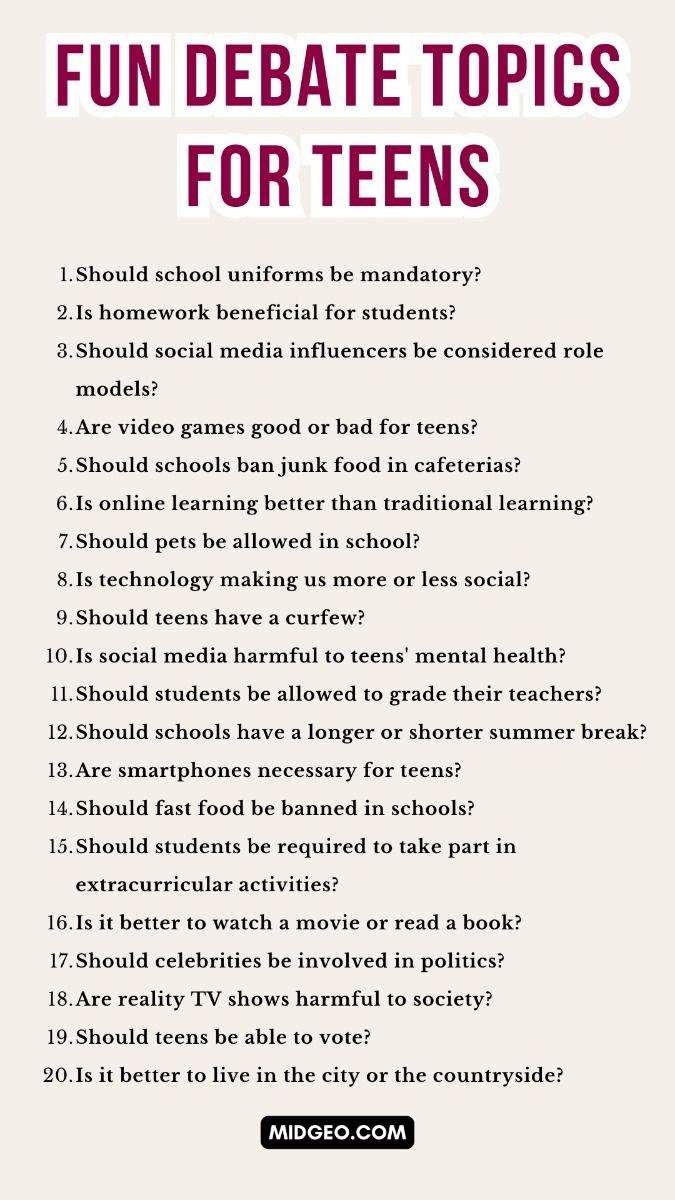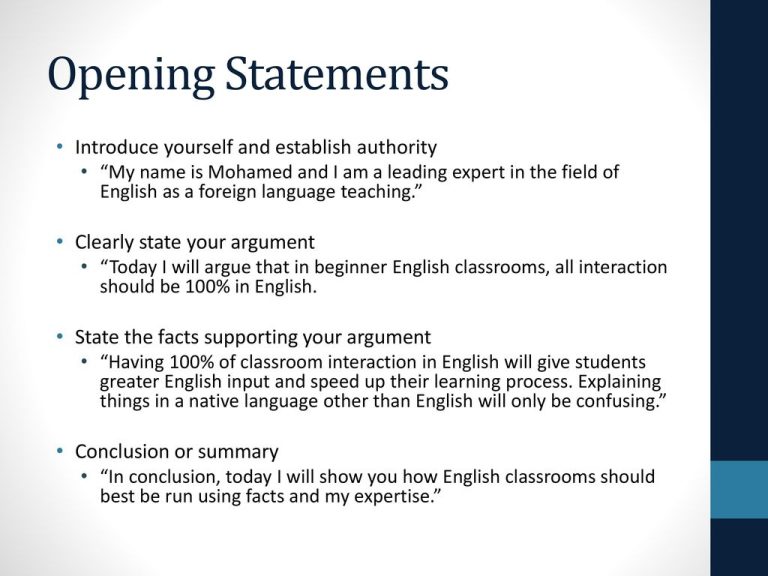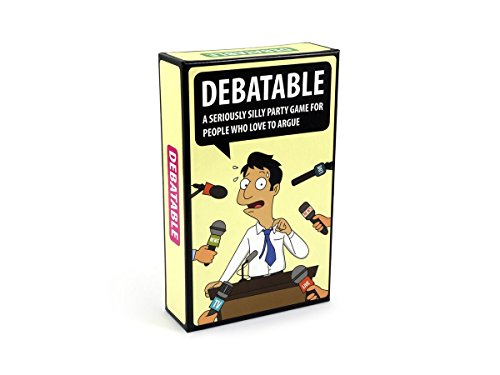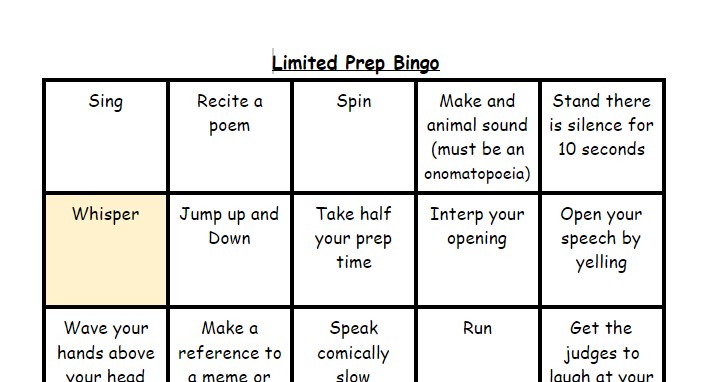What are Good Things to Do in a Debate? Tips for Winning Arguments
Debates can be challenging. Knowing what to do can make a big difference.
In a debate, presenting your ideas clearly and confidently is key. Engaging with your opponent’s points and staying calm under pressure also matter. Effective debating involves more than just speaking well. It requires listening, analyzing, and responding thoughtfully. Understanding these aspects can help you perform better.
Whether you are in a classroom debate or a public forum, mastering these skills will give you an edge. This blog will explore essential strategies to enhance your debating skills. Let’s dive into the good things you can do to shine in a debate.
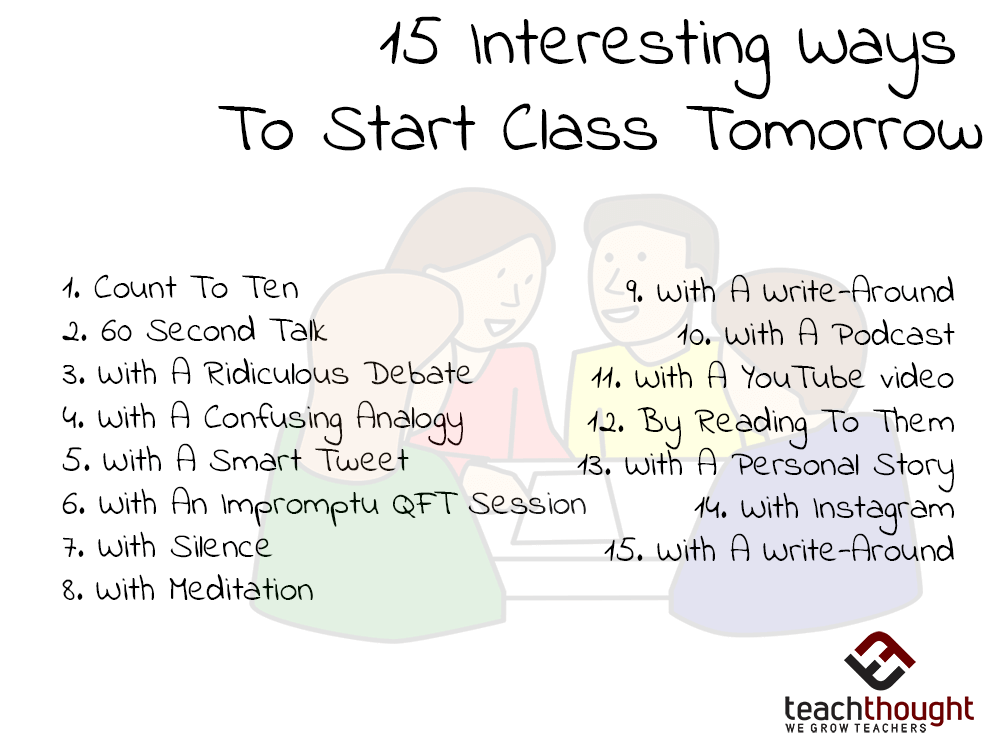
Credit: www.teachthought.com
Preparation Techniques
Effective debate preparation can make a significant difference in your performance. Good preparation helps you present your arguments clearly and confidently. Here are some key preparation techniques to consider before stepping into a debate.
Research Thoroughly
Gather information on the debate topic from reliable sources. Read articles, books, and studies related to your subject. Understand different viewpoints and counterarguments. This will help you build a strong case and anticipate opposing arguments.
Use credible sources for your research. Avoid unreliable websites and unverified information. Ensure your facts are accurate and up-to-date. This strengthens your argument and builds trust with your audience.
Organize Key Points
Structure your arguments clearly and logically. Start with a strong introduction, followed by your main points. End with a compelling conclusion. Use bullet points or numbered lists to organize your thoughts.
Write down your key points and supporting evidence. Practice delivering your arguments in a concise and clear manner. This helps you stay focused during the debate and ensures you cover all important aspects.
Effective Communication
In a debate, effective communication is crucial for success. It involves clear speech, persuasive language, and active listening. These skills help convey your points and persuade your audience. Let’s explore some key aspects of effective communication in a debate.
Speak Clearly
Speaking clearly is vital during a debate. Ensure your voice is loud enough for everyone to hear. Pronounce your words properly to avoid misunderstandings. Avoid speaking too fast or too slow. A steady pace helps your audience follow your arguments. Maintain eye contact to keep your audience engaged. Clear speech makes your arguments more convincing.
Use Persuasive Language
Using persuasive language strengthens your arguments. Choose words that evoke emotions and create impact. Use simple and direct sentences for clarity. Avoid jargon and complex vocabulary. This ensures everyone understands your points. Use rhetorical questions to engage your audience. They make listeners think about your arguments. Persuasive language turns your points into compelling arguments.
Handling Counterarguments
Debating is not just about presenting your arguments. It is also about effectively handling counterarguments. Being prepared to handle opposing views can make your stance stronger. It can also show you are open-minded and respectful.
Listen Actively
Active listening is a crucial skill in a debate. When your opponent is speaking, give them your full attention. This means not interrupting and avoiding planning your response while they are talking. Show you are listening by nodding or giving verbal affirmations like “I understand”. This not only helps you catch their points but also demonstrates respect.
Taking notes can be helpful. Jot down key points your opponent makes. This ensures you do not miss important details and can address them accurately in your response.
Respond Respectfully
After listening, it is important to respond respectfully. Acknowledge the valid points your opponent makes. This shows you are open-minded. Use phrases like “I see your point” or “That is a good observation”.
Then, present your counterarguments calmly and logically. Avoid using harsh language or getting personal. Focus on the facts and reasoning. This keeps the debate constructive and professional.
Here are a few tips for respectful responses:
- Acknowledge the opposing view
- Use polite language
- Focus on facts, not feelings
- Maintain a calm tone
Respectful responses make your arguments stronger. They also create a positive atmosphere for discussion.

Credit: www.pinterest.com
Maintaining Composure
Maintaining composure is vital in a debate. It helps you present your arguments clearly. Staying composed also shows respect to your opponent. You can communicate better and avoid misunderstandings. Here are some tips to keep your cool during a debate.
Stay Calm
Take deep breaths if you feel stressed. This can help you relax. Keeping your voice steady is important. Avoid raising your voice. It can make you appear out of control. Focus on the topic, not on the person. This keeps the debate respectful and professional.
Manage Time Wisely
Make the most of your speaking time. Plan your points carefully. Avoid spending too much time on one point. It can make you rush at the end. Practice pacing your speech. This helps you stay within your time limit. It also ensures you cover all important points.

Credit: www.hollywoodreporter.com
Frequently Asked Questions
What Are Some Key Points To Remember During A Debate?
Stay calm and respectful. Listen carefully. Use evidence to back up your points. Stay on topic.
How Can You Effectively Counter An Argument In A Debate?
Acknowledge their point. Present evidence against it. Stay respectful and clear. Reiterate your stance.
Why Is It Important To Listen In A Debate?
Listening helps understand the opponent’s argument. It allows you to respond accurately and improve your own points.
Conclusion
Debating can be a valuable skill. Stay calm and collected. Listen carefully to your opponent. Speak clearly and confidently. Use facts and evidence to support your points. Respect different viewpoints. Practice often to improve. Strong arguments come from preparation. Keep learning and refining your skills.
Debates help you think critically. They also improve your communication skills. Remember, practice makes perfect. Happy debating!
